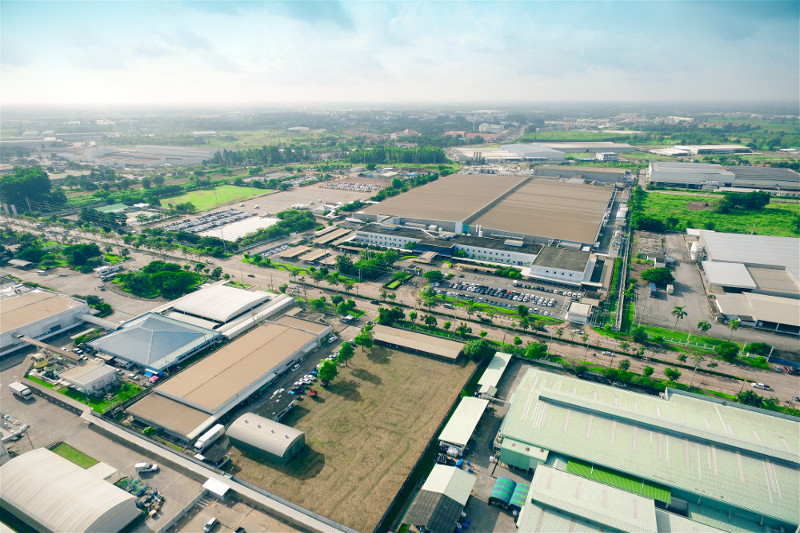Business operators hail benefits of the new Factory Act

Recently, the government has announced an overhaul of factory law with new Factory Act B.E. 2562 (2019). The main changes of this Act include more modernized methods for local government authorities tasked with regulating factories, enabling adaptation to the current business competition, and allowing more opportunities for emerging entrepreneurs to grow their business at greater ease.
Exempted types of factories under this Act
Some types of factories will be exempted from complying with the new Factory Act. These include a factory belonging to a government authority, a factory for study and research, a factory for training at an education institute, a family-owned factory, and a factory necessary for and related to a non-factory business and located in the same place as specified under this Act. One of the advantages is to enable an easier and more convenient factory set-up for study and research.
Updated definition of “factory” under this Act
Under the previous legislation, the “factory” means any premise using machinery of 5 horsepower or 7 workers, allowing less opportunity for small business operators to grow. Hence, the new legislation has updated its definition of “factory” to a place using machinery of 50 horsepower or more, or having a minimum of 50 workers.
Easiness of inspection
Since a number of employees in government sector is limited, application for inspection done by only one government organization would take longer time. Many private corporates found it difficult to compete in global market. Instead of factory inspections by government inspectors, the new Act allows these duties to be carried out by private inspectors who are qualified and licensed in accordance with the requirements as specified in this Factory Act. This is to facilitate private sector and to increase its efficiency for competing in global market that requires greater competencies.
Additionally, to quicken inspection and operation procedures according to legal requirements, the Department of Industrial Works has added methods for business operators to conduct self-inspection whether they comply with related legislation.
Environmental concerns are growing problems nowadays. As a result, this Act emphasizes the industrial environmental management. Factories are required to pass related regulations. Environment surrounding their industrial estates must be in accordance with industrial engineering principles and must be safe for all operators.
Fee adjustment
In order to mitigate financial burden for new business operators, this new Act has adjusted the license application fee to be 100 Thai Baht only. Once the business operators are affluent and able to run their business as per the standards specified by the Department of Industrial Works, they shall be subject to higher rate of 300,000 Thai Baht. This will provide some time for new entrepreneurs to prepare themselves to be financially ready in advance of the commencement of operations.
Clarity in business expansion
The new Factory Act facilitates continuous operation for business operators to expand their competitive potentials without having to wait for time-consuming documentation procedures. This law clearly specifies the levels of machinery capacity and number of workers for factory expansion to effectively decrease redundancy in license application procedures.
This new Factory Act, however, was already published in Thailand’s Government Gazette on 30 April 2019 and it will become effective on 27 October 2019 or 180 days after the publication. Any factory that applied for license beforehand shall be able to continually use their License, with clearly specified clause on their license that they comply with the previous Factory Act.



 BACK
BACK